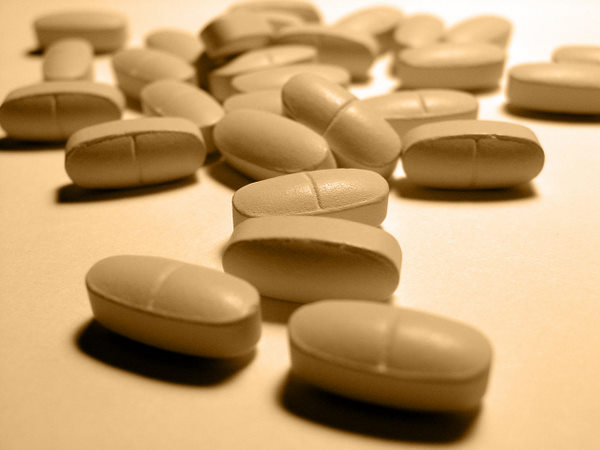
Medicines are meant to make sick people healthy. Unfortunately, some people face severe consequences due to the side effects of medicines or medication errors. However the risk of medication error can be minimized by being aware about the medicine that you are consuming. You must be aware about the components of a particular medicine that you plan to take and also about its harmful effects. You must inform your doctor about any allergies you have, so that he can prescribe the correct medicine.
The following are some tips to prevent medication errors:
1. Comprehend the name of the medicine correctly
It is very crucial to comprehend the name of the medicine correctly. If the doctor has written the prescription and his writing is not legible, do not hesitate to clarify the name. If you are noting down the name of the medicine over the phone, ask your doctor to spell it so that you get yourself the right medicine and prevent yourself from making a medicine blunder.
2. Be honest and give complete details to the doctor
Tell the doctor about your medical history, including any allergies; also the routine medicines, how so ever trivial they might be. Some medicines might have components which may not be suitable for your body and can cause reaction. Hence, the doctor must know your health conditions and adaptability to prescribe the correct medicine. If need arises, show the doctor older prescriptions and make him aware of other health related problems in the past, even if you feel they are not connected with the current problem.
3. Clarify doubts
If you have any doubts regarding the medicine, ask your doctor straightaway. It is your right to know everything about your treatment. Ask the doctor about the dosage, duration of the treatment, and the medicines, its results, symptoms of potential side effects, etc. Never hesitate to clarify even the simplest of doubts. This can save you.
4. Be aware of what to avoid
At times you might have to avoid eating or drinking certain things, by taking certain medicines. For example, some might be taken empty stomach while others need a full stomach. Be aware of these prerequisites before taking medicines.
5. Check the medicine’s label
Do not consume any medicine without reading its label. For example, do not confuse ear drop for eye drop and vice versa. Check for the expiry date and the dosage details. Ask the pharmacist about how the medicine is to be taken; chewed or gulped down.
6. Storage and consumption
Do not use any random spoon to take your medicines as the quantity of the dose might not be exact. You might be taking less or even more than required dosage of the medicine. Store the medicine at a safe cool place and make sure that the lid is properly closed so that there is no chance of leakage.
7. Expiry date
Ensure to check the expiry date of the medicine before consuming. This is very important step as some medicines might be sold even after their expiry is over and they can prove harmful.
8. Always consult a professional expert
Never experiment with your health. Always take medicines prescribed by doctors or exert chemists who are well aware of medicines for simple health problems and can prescribe over the counter.




